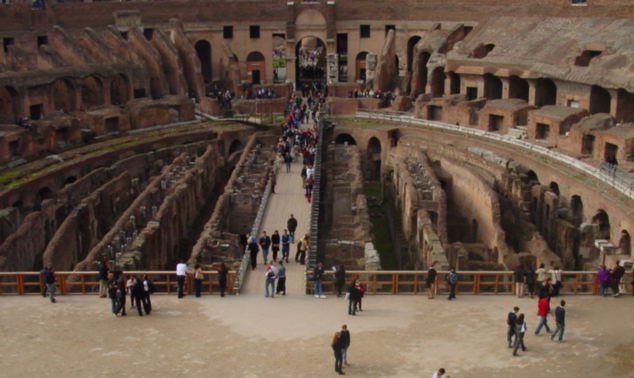
I don’t begrudge the old folks that extra $250 … well maybe I do. The cost of living actually went down this year. That means that Social Security recipients will not get an automatic increase this year, since the increase is tied to the cost of living.
The President proposes just giving everybody an extra $250, justifying it as a sort of second (or third) stimulus that will not come from the SS trust fund. It is hard to be against this generosity. It is great to be generous, but since we already are living on the national credit card the money will come from additional government borrowing. That means that the younger generation will have to pay this back – with interest.
$250 doesn’t seem like much money and it is not – until you multiply it by the number of times you are going to give it out. But the problem is NOT this particular small money. It is the whole principle behind the quick resort to pushing the gold out the door. It shows how difficult it is for government to stand up to any powerful group. Entitlements already make up 2/3 of the Federal budget. All the wars, parks, roads etc are included in the other 1/3 and that % is ever shrinking (it used to be 2/3 only a generation ago) because politicians like to be generous, but they cannot be. All they can do is take from some to give to others. It is not even up to a zero sum transaction, since some significant percentage leaks out in administrative costs or plain waste.
There is a long tradition for politicians to bribe “the people” with their own money. Roman politicians got themselves into bidding wars for the loyalty of the people. They lowered the price of grain with state subsidies until they were giving it away for free and sponsoring ever more elaborate entertainment for the mobs of people hanging around the city of Rome. Gladiators killed each other. Prisoners were killed by wild animals. The people loved to watch the spectacle while being fed at public expense. The famous “bread and circuses” corrupted both the Roman state and the Roman people.
It was easier for Roman politicians to be generous with the public purse than it was to help create the conditions for jobs and prosperity. In fact, having a bribable mob at their disposal was a positive benefit and a preferred outcome for many. In other words, some politicians did their best to KEEP the people in a state of resentful dependence. The people receiving this “generosity” thought watching gladiators kill each other was better than working and it became a self-sustaining downward spiral that contributed mightily to the decay and fall of the Roman Republic. Nero, Caligula and Commodus (the one featured on the movie “Gladiator”) are probably three of the best known Roman emperors today. They were all very bad and spectacularly corrupt. But if you look closely at the ancient sources, you find that they remained popular with “the people” because they made sure the bread was plentiful and the circuses exciting.
There are lots of good things we have inherited from the Romans. I have written many times about those things. But we don’t have to take their bad habits with the good and maybe after 2000 years we should not repeat their mistakes.
The picture up top is the Coliseum in Rome, BTW. Despite its impressive structure, it was essentially a place where the Roman mob was placated by watching mass slaughter.
